Geneticist behind Lindy Chamberlain freedom bid backs Folbigg DNA plea
The scientist whose evidence proved Lindy Chamberlain innocent is horrified Kathleen Folbigg’s former husband has refused to provide DNA samples that could help show she was wrongly convicted of killing her four infant children.
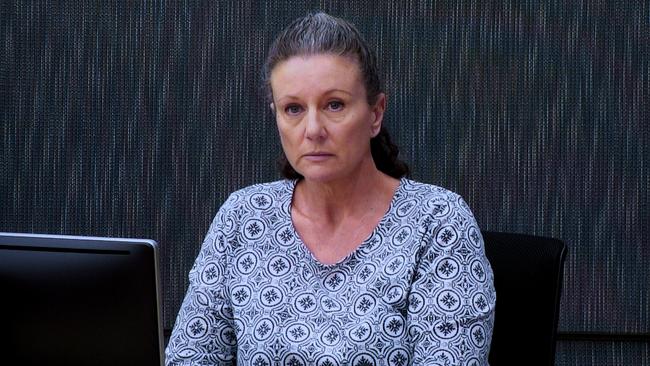
The scientist whose evidence proved Lindy Chamberlain innocent is horrified that Kathleen Folbigg’s former husband has refused to provide DNA samples that could help show she was wrongly convicted of killing her four infant children.
Geneticist Barry Boettcher, who provided crucial blood evidence that cleared Ms Chamberlain of killing her daughter Azaria, said it was vital Craig Folbigg’s DNA be made available to the new inquiry probing fresh scientific evidence in the case.
“I think that it’s as serious as the Lindy Chamberlain case to me,” Professor Boettcher told The Australian. “Of course, to convict anyone of murder you want all the evidence possible and when there’s evidence that’s possible but not made available, I personally feel that it is a big drawback.
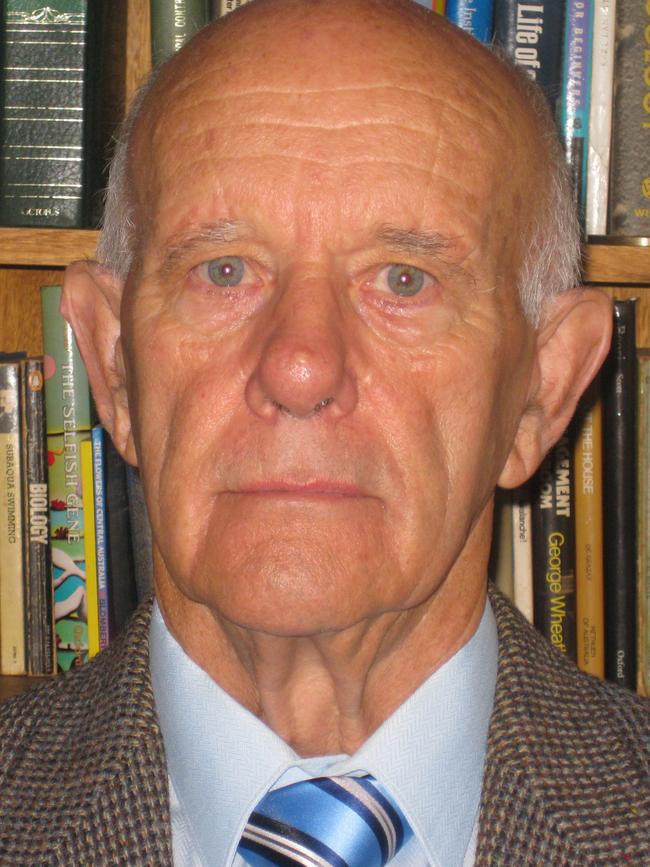
“In our society, there is no more serious charge than of murder and to uphold the charge of murder you would want every bit of information available.”
Genetic evidence Ms Folbigg and her daughters carried a lethal mutation in the CALM2 or calmodulin gene, which has been championed by 150 leading scientists, will be vital at an inquiry later this year.
Her sons Caleb and Patrick had two different rare variants in a gene called Bassoon, which is associated with seizures, one inherited from Ms Folbigg and the other presumably from their father.
Danish geneticist Mette Nyegaard, a leading expert on the CALM2 gene who contributed to laboratory tests of the Folbigg family mutation, said the father’s DNA would reveal whether the boys had inherited their mutation from him or whether it was a spontaneous “de novo” mutation.
“This is how genetics work. It is like being struck by lightning,” Professor Nyegaard said. “Although very unlikely, there are individuals who have been struck by lightning twice. There are also people who win the lottery twice.”
Mr Folbigg is refusing to give a DNA sample and has withdrawn from the inquiry that could exonerate his former wife, claiming it is because he did not have the funds for legal representation and had been denied legal aid, The Australian revealed last week.
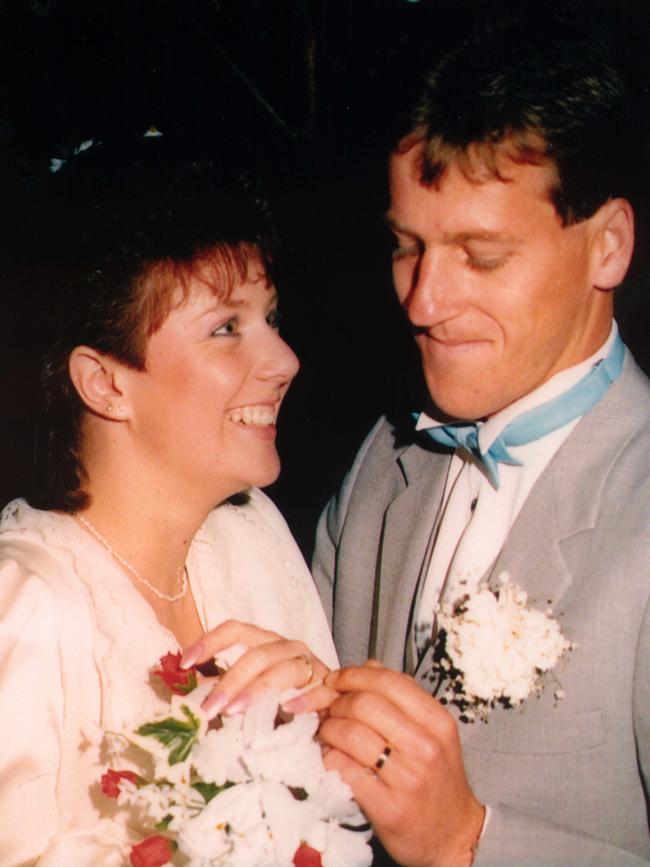
On Tuesday, NSW Attorney-General Mark Speakman approved “discretionary funding” towards Mr Folbigg’s legal representation in the inquiry. However, the offer of funds has not compelled Mr Folbigg to change his stance against taking part in the inquiry.
His lawyer, Danny Eid, wrote to the Department of Communities and Justice on Wednesday to ask that the “unreasonable funding limit” be increased to provide a “voice for his murdered children”.
“The Attorney-General only approved around eight days of work by senior counsel,” he said.
“The reality is, it will take a minimum of one month of preparation by senior council, and that does not even cover appearances at the inquiry.”
Mr Folbigg’s Newcastle-based family, which has been marred by its own share of tragedy, has long intrigued those close to the case.
In 2019, an inquiry heard one of Mr Folbigg’s eight siblings had lost a baby to SIDs.
The 2003 conviction was won on the now outdated legal principle of Meadow’s Law, which was championed by British psychiatrist Roy Meadow that “one is a tragedy, two is suspicious and three is murder”.
The theory has been widely discredited after British mother Sally Clark’s conviction for murdering her two babies was overturned in 2003 after a bacterial infection was found to be the cause. The finding led to a string of similar cases in Britain being reversed.
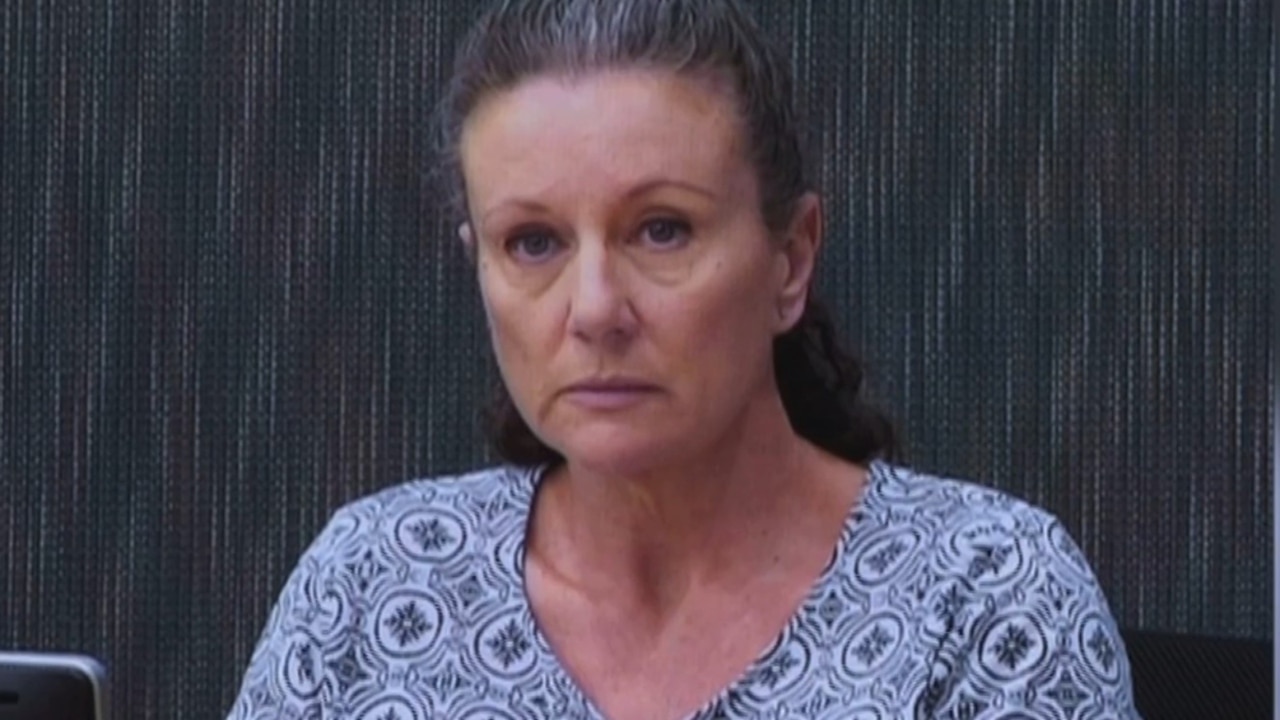
In Ms Folbigg’s case, her troubled childhood, which saw her placed into the care of relatives and then foster care after her father murdered her mother when she was 18 months old, and a series of incriminating diary entries appear to have sealed her fate.
One entry seemed at the time to say it all: “Obviously I am my father’s daughter”
Flinders University’s Robert Moles said in the UK Ms Folbigg’s conviction would have been overturned as soon as you could “click your fingers”.
“When you ask for pardon, it goes to the attorney-general and the attorney-general has conflict of interest because if he refers the matter back to the courts and the conviction is set aside, it might bring into question the operation of forensic services, prosecutors and the police, and the attorney-general is responsible for all of that,” Associate Professor Moles said.
Mr Speakman said questions concerning Mr Folbigg’s funding or his involvement in the inquiry were “best directed to Mr Folbigg and/or the inquiry”.
The matter will return to court in September for a directions hearing.


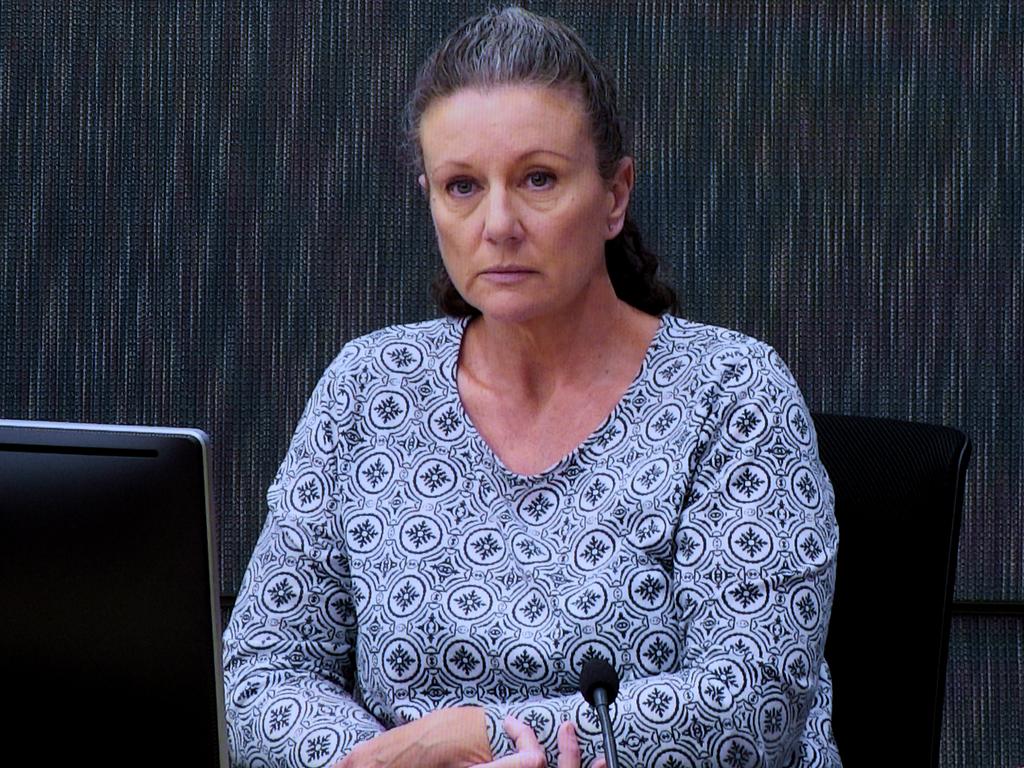





To join the conversation, please log in. Don't have an account? Register
Join the conversation, you are commenting as Logout